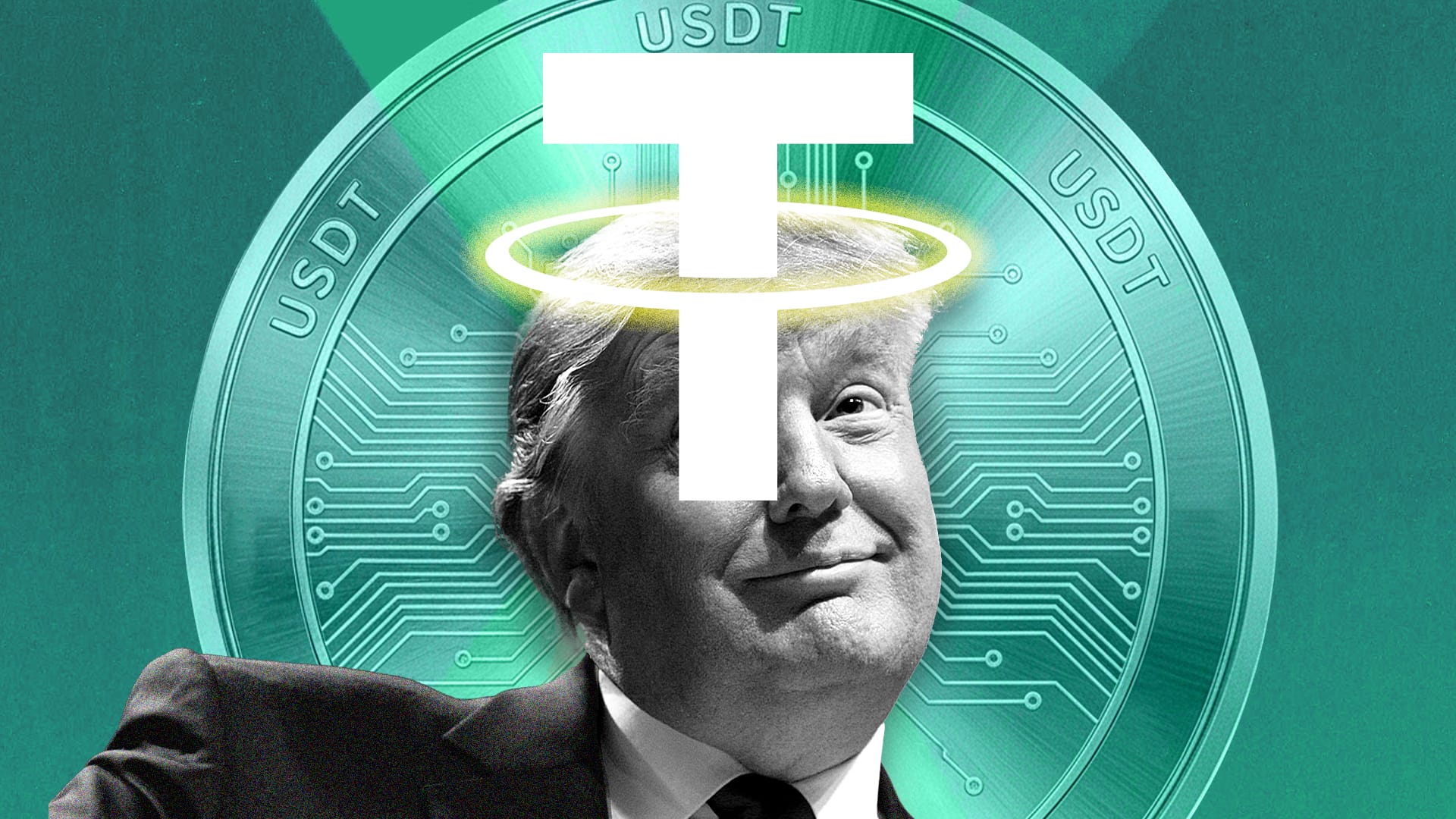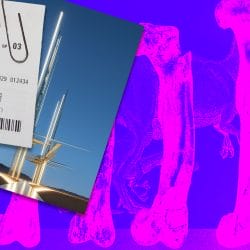
Tether, Trump and the twisty road to transparency
A year ago, Britain’s National Crime Agency revealed how they had busted a giant Russian-run money laundering scheme, which was helping oligarchs, propaganda outlets and spy agencies to dodge sanctions. Now, it’s back with an update on its efforts that is both hopeful and alarming.
Subscribe to our Coda Currents newsletter
Weekly insights from our global newsroom. Our flagship newsletter connects the dots between viral disinformation, systemic inequity, and the abuse of technology and power. We help you see how local crises are shaped by global forces.
It’s good that they’ve managed to trace the network further, linking it to Russian-Moldovan-Israeli tycoon Ilan Shor and a bank in Kyrgyzstan, but also worrying that the organisation appears still be to be functioning. Two cash couriers were busted carrying around £2 million each, which also does not suggest the organisers are too stressed: you don’t carry that much money in one go if you’re concerned about being caught.
The core of the scheme is that the money launderers collect cash from criminals all over Europe, and swap it for the cryptocurrency USDT (I published this about the issue earlier this year), and so it remains. “Tether, from what we can see, at least, appears to still be the majority token used by these networks,” a law enforcement source said.
Perhaps the most interesting difference between the boring old banks and the exciting new crypto industry is that, if a boring old bank had been so deeply involved in moving so much criminal wealth, it would have been fined a nine-figure sum and forced to radically change its ways. But Tether suffers no such indignities. Thanks to the inflation of the Trump crypto bubble, Tether made profits of $10 billion in the first three quarters of 2025, and is still coining it, despite the publicity around this operation and many other allegations of money laundering.
It now owns 116 tonnes of gold, which is more than Greece, South Korea or the UAE. Last week Tether spent a billion dollars on Bitcoin, though that didn’t do much to arrest the slide in the Bitcoin price, which as I write this has dropped by a third since its peak in early October, and erased all of its gains since Trump’s 2024 election win. Tether also claims to own $135 billion of US government debt. So, to cut a long story short, it’s basically as potent as a reasonably-sized central bank, and doesn’t have to care what a law enforcement agency thinks of it.
“Look, you can point to various different parts of the global crypto infrastructure where you would say, ‘wouldn’t it be great if you could rain fire upon them?’ And me, as a law enforcement professional, would say, ‘yeah, it’d be brilliant, right?’ But obviously, I don’t have that capability at my fingertips,” the same law enforcement source said, which was pretty funny but also depressing.
Obviously, there’s not much anyone can do to limit crypto while Trump controls all branches of the U.S. government and his family members continue to do so well out of it, but it would be interesting to see what might happen if the Democrats won a majority in one or both of the houses of Congress, considering some of the questions they’re already asking.
“Every time a governance token is sold, three-quarters of that money goes directly to President Trump and his family, even for sales to entities linked to North Korea and Russia,” said Senators Elizabeth Warren and Jack Reed in a letter to the Department of Justice. That’s the kind of allegation that could lead to some spicy committee hearings.
A small step towards transparency
Dr David Richard Hull gained a small footnote in the history books last week when he became the first person to verify his identity on Companies House, the UK’s corporate registry, which is trying hard to move from being part of the problem to part of the solution (at least The Dark Money Files’ Graham Barrow said he was, and Graham Barrow does tend to know).
For a long time, it was generally reckoned that the easier and cheaper it was to create a company, the more vibrant and dynamic your economy would be, and in few places was this principle applied more enthusiastically than in the UK. This unleashed a tsunami of shell-company-powered money laundering, with criminals buying British corporations for less than the price of a round of drinks, and using them to hide their identities.
Eventually, officials realised that rampant financial crime was actually bad for the economy, rather than beneficial, so brought in new checks on the identities of those creating companies. There is a lot of mess to sweep away before the corporate registry is truly cleaned up, but this is a good start, though it would be even better if some of the more far-flung bits of British territory could be persuaded to embrace transparency as enthusiastically.
There are similar registration rules in most European Union countries, although their registries are not necessarily open to everyone, as this survey from Transparency International shows. Of course, the United States has given up on its efforts to open up corporate registries, despite convincing arguments that shell companies from lax states like Nevada are a clear threat to national security.
A version of this story was published in this week’s Oligarchy newsletter. Sign up here.












